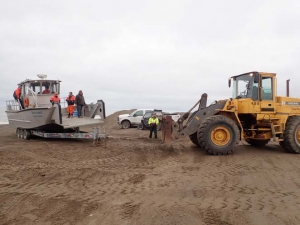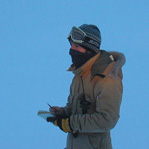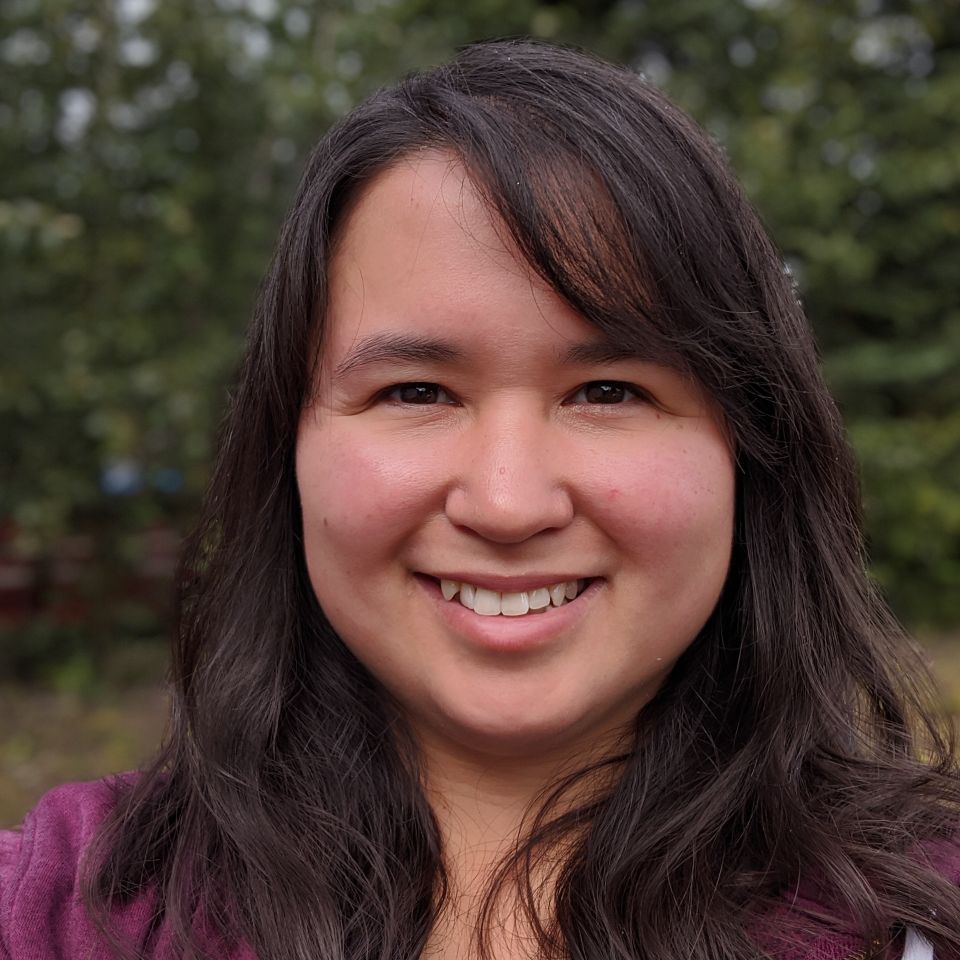Project Abstract
 This project is taking a unique approach to investigating what is needed to enable subsistence communities in the Arctic to remain sustainable in the future, questioning the common assumption that climate impacts and sea ice loss are the most important challenges impacting subsistence activities in the Arctic. The group will broadly consider a set of interconnected factors and feedbacks, including changing culture, technology, economics, and governance in addition to climate. The proposal includes a clear plan to integrate co-production of knowledge and to capture the linkage between researchers and native communities. This project may lead to a holistic approach to the evolution of subsistence living in the Arctic and to create a community of practice including Arctic peoples with traditional knowledge and university-trained scientists.
This project is taking a unique approach to investigating what is needed to enable subsistence communities in the Arctic to remain sustainable in the future, questioning the common assumption that climate impacts and sea ice loss are the most important challenges impacting subsistence activities in the Arctic. The group will broadly consider a set of interconnected factors and feedbacks, including changing culture, technology, economics, and governance in addition to climate. The proposal includes a clear plan to integrate co-production of knowledge and to capture the linkage between researchers and native communities. This project may lead to a holistic approach to the evolution of subsistence living in the Arctic and to create a community of practice including Arctic peoples with traditional knowledge and university-trained scientists.
This project is exploring a series of hypotheses designed to stress-test assumptions about the role of rapid physical environmental change in disrupting traditional ways of life for Arctic coastal communities. A community of practice composed of academics from various disciplines and residents of the Arctic communities of Utqiagvik and Kotzebue is being established to consider a central guiding question: How can Alaskan subsistence communities best prepare for and adapt to climate change in a world where nothing else is static? And what is the role of research in facilitating that preparation and adaptation. The outcomes of this work will include tools and methods for understanding motives of climate adaptations in Alaska Native communities and assessing their effectiveness. The project is also coproducing a plan for future research aimed at improving community and individual resilience in the face of ongoing Arctic changes.
Logistics Summary
This collaborative project between Mahoney (1928248, UAF) and Polashenski (1929275, Dartmouth) is an interdisciplinary approach to understanding the effects of change on subsistence communities. We hypothesized that impacts on natural systems, human activities, and built infrastructure in the Arctic come from myriad sources, and many non-climate related changes may be just as disruptive as climate change. Researchers will investigate the adaptation choices of rural subsistence communities in the Alaskan Arctic in the face of all types of change (climate and non-climate related) through discussions with subsistence users. In fall 2019 a field team of 3 traveled to Kotzebue and a team of 4 traveled to Utqiagvik to interview community members in multiple settings, where they developed a more complete understanding of the myriad factors impacting subsistence. The project also plans a 4-day workshop in 2020 with local community members/leaders and academics, in a culturally appropriate setting such as a remote fish camp, to better understand the interaction between environmental and social change and explore ways of assessing the costs and benefits of adaption options in mixed subsistence and market economies. Planning for this workshop has been disrupted by the COVID-19 pandemic and although we remain committed to a community-led forum in a culturally relevant setting, we are also exploring interim alternatives relying on remote participation in order to maintain some level of community engagement and continue planning for an in-person gathering. All discussions will be structured around bringing Inupiat and western ways of knowing and values together with the goal of developing hypotheses and plans to test them which can create new knowledge for better navigating change. While we arrive with some questions and hypotheses, we emphasize that these are mutable. It is anticipated that participation of the subsistence users may refocus this coproduction effort on challenges to subsistence which we did not identify or hypothesize in advance. During this project researchers will seek to identify individuals from the coastal communities who can join a follow up team as local Co-PI’s, salary-paid members of our knowledge coproduction team helping guide the application of science to achieve their community’s goals. This project includes a subaward to Huntington Consulting over 2 years for their portion of the research. This will include participation in all travel and workshops and leadership of social science components of the project. Huntington Consulting was selected because of their sole expertise in this field.
Season Field Site
2019 Alaska - Kotzebue
2019 Alaska - Utqiaġvik (Barrow)
2021 Alaska - Kotzebue
Keywords
co-production, drivers of change, research plan, adaptation strategies
Project Location
Dates
-Location
Kotzebue, AK; Utqiaġvik, AKMembers
Principal Investigator

Principal Investigator

Co-Principal Investigator
Graduate Student

